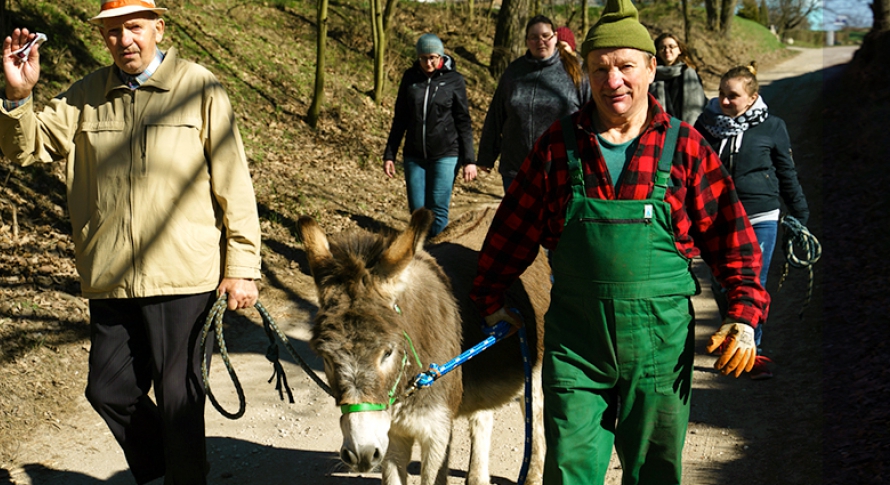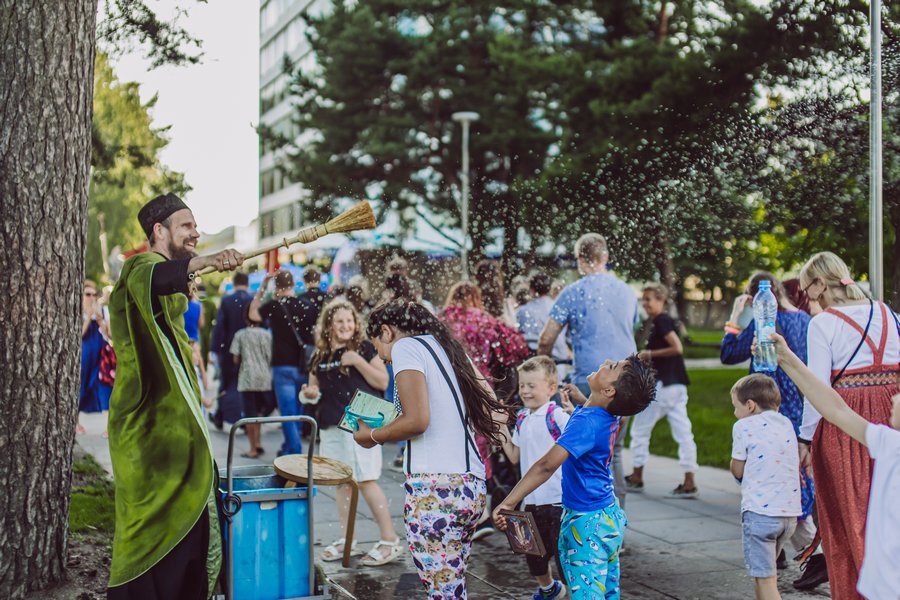In Poland, more than 2 million elderly people live in rural areas – many of them alone. This in turn leads to isolation, social exclusion and declining health. Population ageing, migration of young people to cities and structural changes within families are just some of the things that have brought this situation about.
To tackle isolation and prevent health problems among seniors, 14 green care farms have been set up across the Kujawsko-Pomorskie region. With the help of EU funding, 225 seniors suffering from mental or physical illnesses or disabilities spend their days on the farms alongside the farmers, carers and their families for up to 6 months, EU reports.
A daily programme of rehabilitation activities ensures they remain physically active and socially engaged. The exact activities might vary from farm to farm, depending on the seniors’ predispositions and hobbies, and they are customized by the carer in cooperation with a psychologist.
Participants might tend to farm animals, do light gardening work or gymnastics. Creative activities might also be offered. Besides the health benefits this brings, giving participants the chance to make new friends is a big part of the project.
The green care farms also create jobs, as the farmers, their family members and staff, and other people from the area can become qualified carers for the elderly and people with disabilities. They receive 100 hours of intensive theoretical and practical training, including exemplary physical exercises to support seniors with different disabilities.
14 family members of farmers and 12 local community members have completed the free course and are now continuing their work under a regular employment contract. In addition, the farmers receive a monthly rent for the use of their farms.
Photo courtesy of EU






